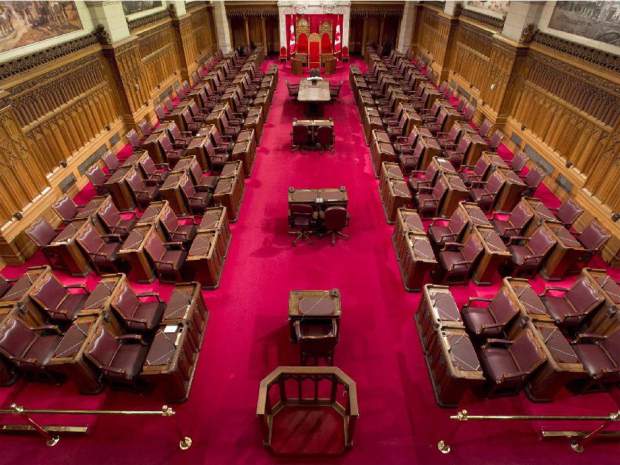The only route to a better appreciation of the cultures in Canada is through exposure, questioning, expressing opinions even if those opinions are wrong
TORONTO, Ont. /Troy Media/ If there's ever going to be a watershed moment in protecting free speech in Canada, the recent controversy surrounding cultural appropriation could fit the role.
The story began in a rather innocuous manner.
Hal Niedzviecki, editor of Write magazine (the quarterly publication of the Writers' Union of Canada), wrote in a column, "I don't believe in cultural appropriation." He stated, "Anyone, anywhere, should be encouraged to imagine other peoples, other cultures, other identities." He also proposed there "should even be an award for doing so the Appropriation Prize for best book by an author who writes about people who aren't even remotely like her or him."
Niedzviecki was trying to be provocative in an issue specifically dealing with aboriginal writing. It completely backfired and he resigned from his position.
Yet this piece in an obscure publication took on a life of its own. Several columnists, including the National Post's Christie Blatchford, tackled it based on the premise of silencing different opinions. The Walrus editor-in-chief Jonathan Kay also tweeted, "The mobbing of Hal Niedzviecki is what we get when we let Identity-politics fundamentalists run riot Sad & shameful."
Ken Whyte, former senior vice-president of public policy for Rogers Communications, took things a step further. He made this proposal: "I will donate $500 to the founding of the appropriation prize if someone else wants to organize." Several other media personalities joined in with donations.
While numerous people were mortified at this suggestion, they shouldn't have been. I know Whyte and several others who piped in and they were obviously joking. As is often the case today, there was a massive overreaction combined with a compelling need for some participants to apologize.
Kay resigned from his position last weekend, too. Some speculated it was caused by the appropriation prize brouhaha, which he didn't participate in, but he told CBC News it "came out of a long-running difference of opinion about the direction of The Walrus we've been having for months." Fair enough.
Various observers have argued this whole debate was a classic example of the insensitive nature of (most) white columnists/editors, and/or the lack of respect some Canadians have for the plight of the aboriginal community and other minority groups.
That's total rubbish. The cultural appropriation controversy is entirely about free speech.
We're fortunate to have the freedom to discuss, debate and participate in a democratic society. If a Chinese-Canadian journalist wants to write a piece about slavery, or a Christian wants to celebrate Hanukkah with Jewish friends, or a black artist wants to depict an Inuit family in an oil painting, he or she has always had that inherent right.
Yes, someone who belongs to a particular culture will likely have a better understanding of a specific issue than someone who doesn't. Nevertheless, the only route to gaining a better appreciation of the different cultures in Canada is through regular exposure, asking questions and expressing opinions even if those opinions are wrong.
Placing restrictions on an individual's capacity to increase his or her knowledge in an area of thought and discussion is both arrogant and misguided. These barriers help reduce intellectual curiosity; create higher degrees of frustration, resentment and, in some cases, hatred; and lead more people down the road of self-censorship and/or refusal to engage in conversations.
The right to free speech, therefore, can be seriously impeded by the blasphemous notion of cultural appropriation.
Fortunately, there are ways around this. Speak with your family, friends, neighbours and associates in an intelligent and civil fashion. Defend intellectual discourse as a societal virtue. Take controversial positions, even if you have to take a few lumps. Express opposing ideas in conversation and writing to increase our knowledge and understanding.
And, above all, don't ever let the cherished principle of free speech fall by the wayside.
Photo Credit: Bloomberg
Troy Media columnist and political commentator Michael Taube was a speechwriter for former prime minister Stephen Harper.
© 2017 Distributed by Troy Media








